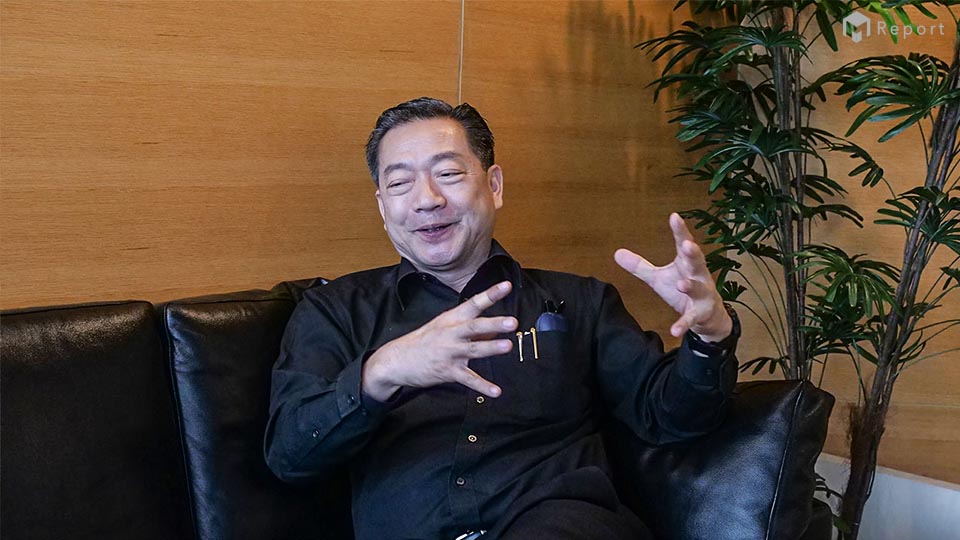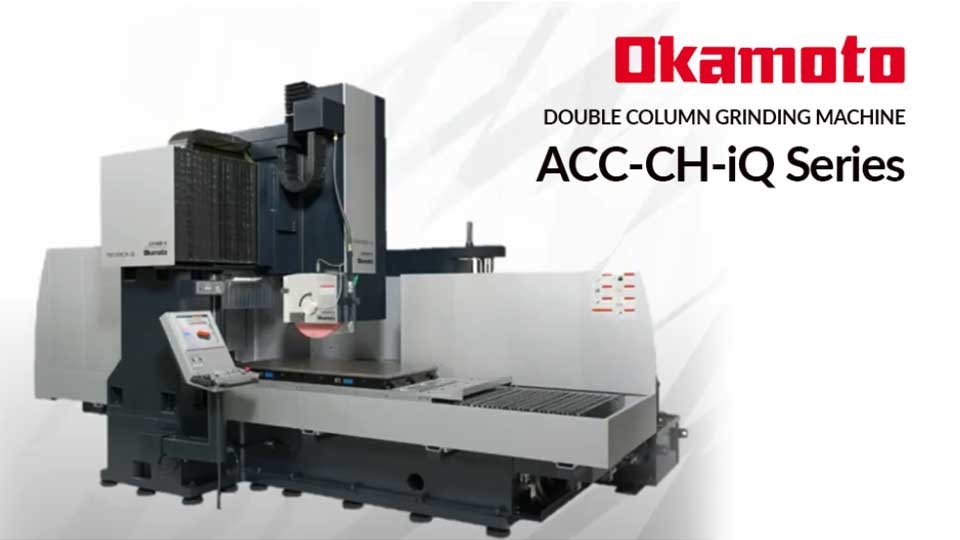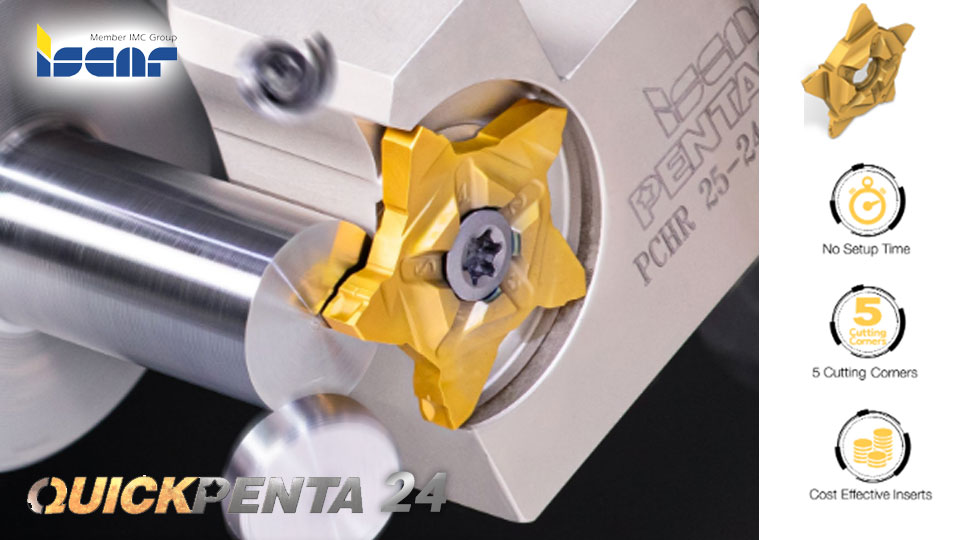
System Integrator: Key Jigsaw Puzzle in the “Robotics Industry”
The M Report had an opportunity to interview one of the most important persons in Thailand’s robotics industry, Dr. Djitt Laowattana, the founder of the Institute of Field Robotics (FIBO) and a specialist at the Office of Eastern Economic Corridor (EEC). The interview was about Thailand’s system integrator, which is considered an important jigsaw puzzle that is a driving force in the robotics industry. According to the result of a study on the Strategies for Improving Competency of the Thai Industry with Manufacturing Automation System Project in 2015, it was found that “85% of all 513 entrepreneurs were required to improve their production process. Half of the 85% above revealed their readiness to alter the current process to the use of the manufacturing automation system within 1-3 years.” This reflects a demand for system integrators, who are responsible for examining an operation process, selecting main equipment, designing and manufacturing accessories, writing programming codes, and arranging appropriate steps for the operation of automation and robotics systems so that all components of these systems can be installed properly as well as implemented effectively and reliably.
System Integrator (SI): Future of Robotics and Automation Manufacturing
There are currently 200 system integrators in Thailand. Only 30-40 of them possess the same level of competency as those in the other countries while the government’s target is to have 1,400 system integrators in the five years time, leading to multidimensional collaboration to reach such goal.
Lean Automation System Integrators (LASI Project)
The development of a demonstration project on Lean Automation System Integrators (LASI Project) – funded by Japan’s Ministry of Economy, Trade and Industry (METI), Thailand’s Ministry of Industry (MOI) and DENSO Corporation – aims at training SI entrepreneurs to use equipment to analyze damages and production in Thailand through the LASI showcase. The principle of lean automation emphasizes on eliminating waste in the production process prior to design and implementation of the system, contributing to maximal effectiveness throughout the process.
Thai Automation and Robotics Association (TARA)
Thai Automation and Robotics Association (TARA) has collaborated with the Board of Investment (BOI) and the Center of Robotics Excellence (CoRE) to mainly assist entrepreneurs who invest in automation and robotics systems in collecting information about SI names and fields of expertise so that such information can be forwarded to SMEs and other large projects in need of using the information for system development. There are currently 72 SI members who are responsible for providing Thai SI members with trainings on the automation and robotics systems. TARA members can be classified into 6 types as follows.
- Automation
- System Integration
- Robot application
- Vision system
- Logistics automation
- Software development for Automation and Robotics
Progress of the Robotics Industry
The robotics industry has been driven forward by implementing various measures such as tax and non-tax incentives. This can be projected that each year there will be about 140-150 billion baht investment in the manufacturing automation and robotics systems. At present, 38 entrepreneurs have requested financial support of about 40-50 billion baht from the BOI for such investment as well as the robot manufacturers i.e. Nachi (Japan) and ANCA (Australia). In addition, 4 Thai robotic arm manufacturers have completed their robotic arm prototypes, by mainly implementing basic technology for SMEs.
Good News for SMEs – Loans with 0% Interest Rates
SMEs using the manufacturing automation system can apply for a loan with 0% interest rates as the Department of Industrial Promotion has prepared about 7-8 billion baht loans for all SMEs. Each SME will be given 1-2 million baht loan and must demonstrate its readiness by undergoing the Enterprise Diagnosis or so-called SHINDAN at the Technology Promotion Association (Thailand-Japan) or TPA, one of the CoRE networks. SHINDAN is diagnosis to identify performance of each business in 5 domains: management and administration, marketing, production, finance and accountancy, and human resources. Such identification reveals business assessment in terms of both problems and solutions, which will greatly contribute to business planning such as formulating business, marketing and product promotion plans.
Center of Robotics Excellence (CoRE)
CoRE provides networking for development of personnel and robotics and automation technology so that robots with higher complexity can be manufactured under the principle of civil state by the public sector, educational institutions and the private sector, consisting of 10 units: 1. Thai-German Institute (TGI); 2. Electrical and Electronics Institute (EEI); 3. Institute of Field Robotics (FIBO); 4. Chulalongkorn University (CU); 5. Mahidol University (MU); 6. King Mongkut's University of Technology North Bangkok (KMUTNB); 7. Khon Kaen University (KKU); 8. Chiang Mai University (CMU); 9. King Mongkut's Institute of Technology Ladkrabang (KMITL); and 10. Technology Promotion Association (Thailand-Japan). The goals of this networking are to manufacture at least 150 robotic prototypes within five years as well as to pass on knowledge about advanced robotics technology to 1,000 entrepreneurs and to train at least 25,000 entrepreneurs.






